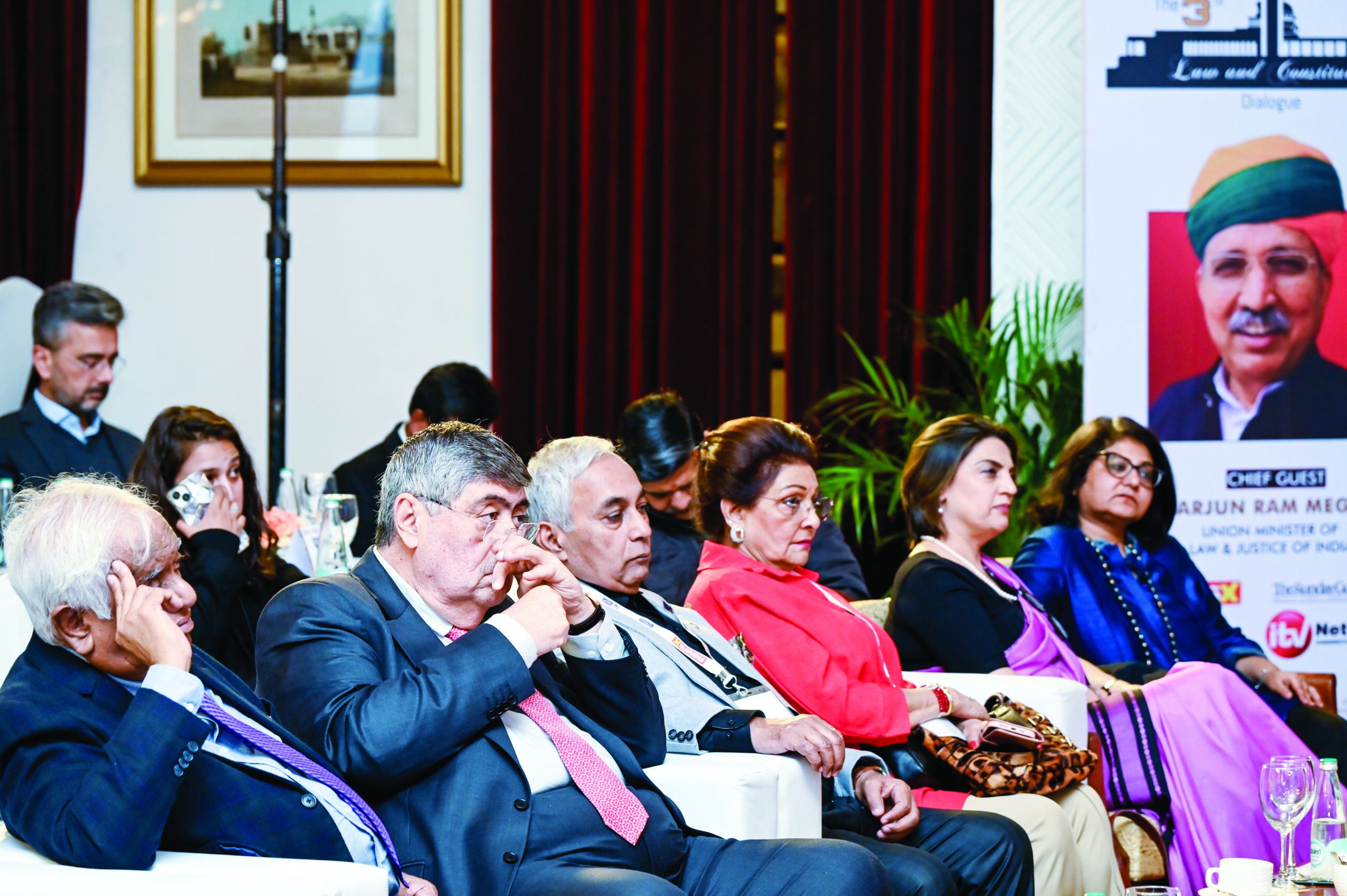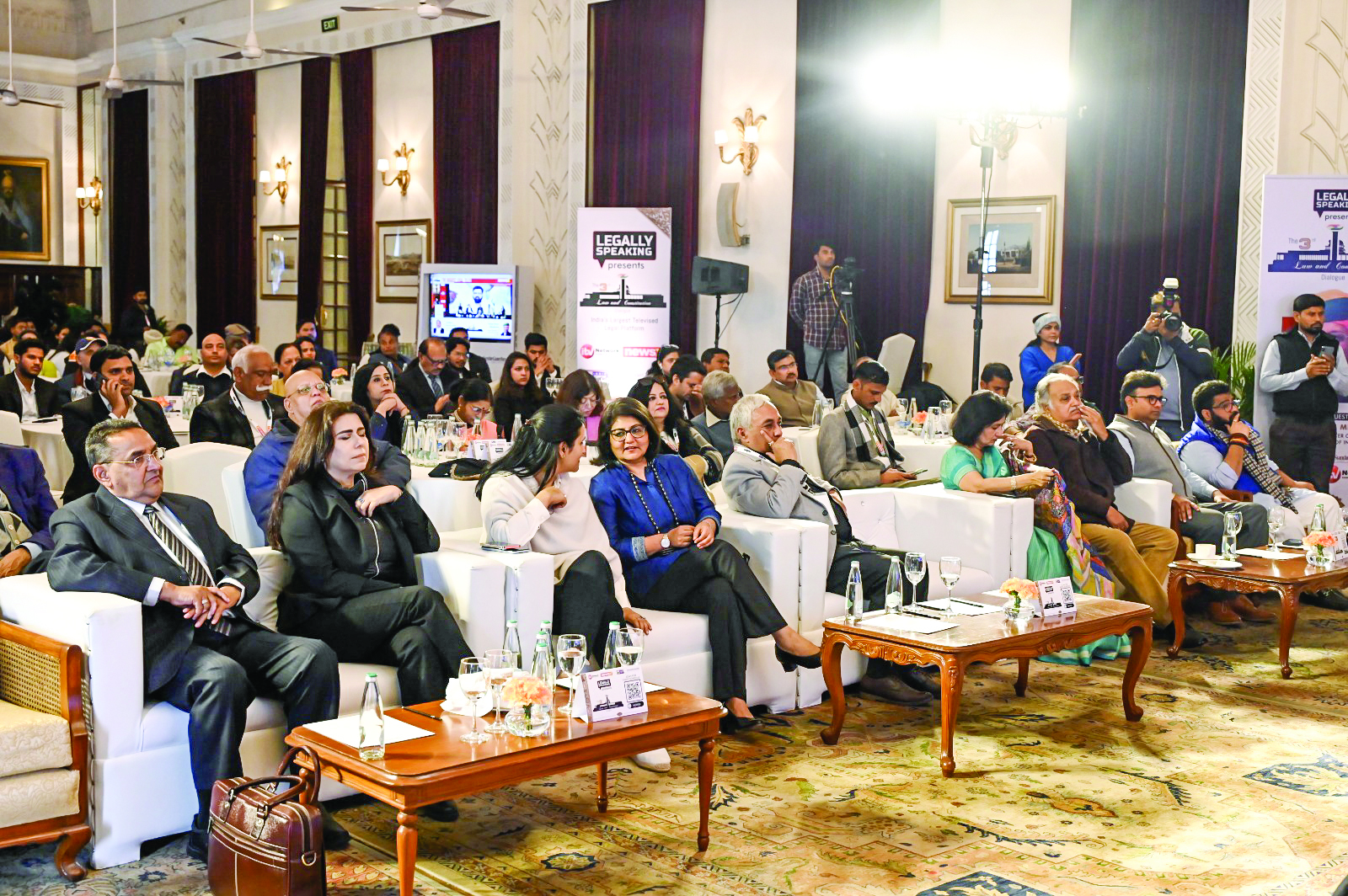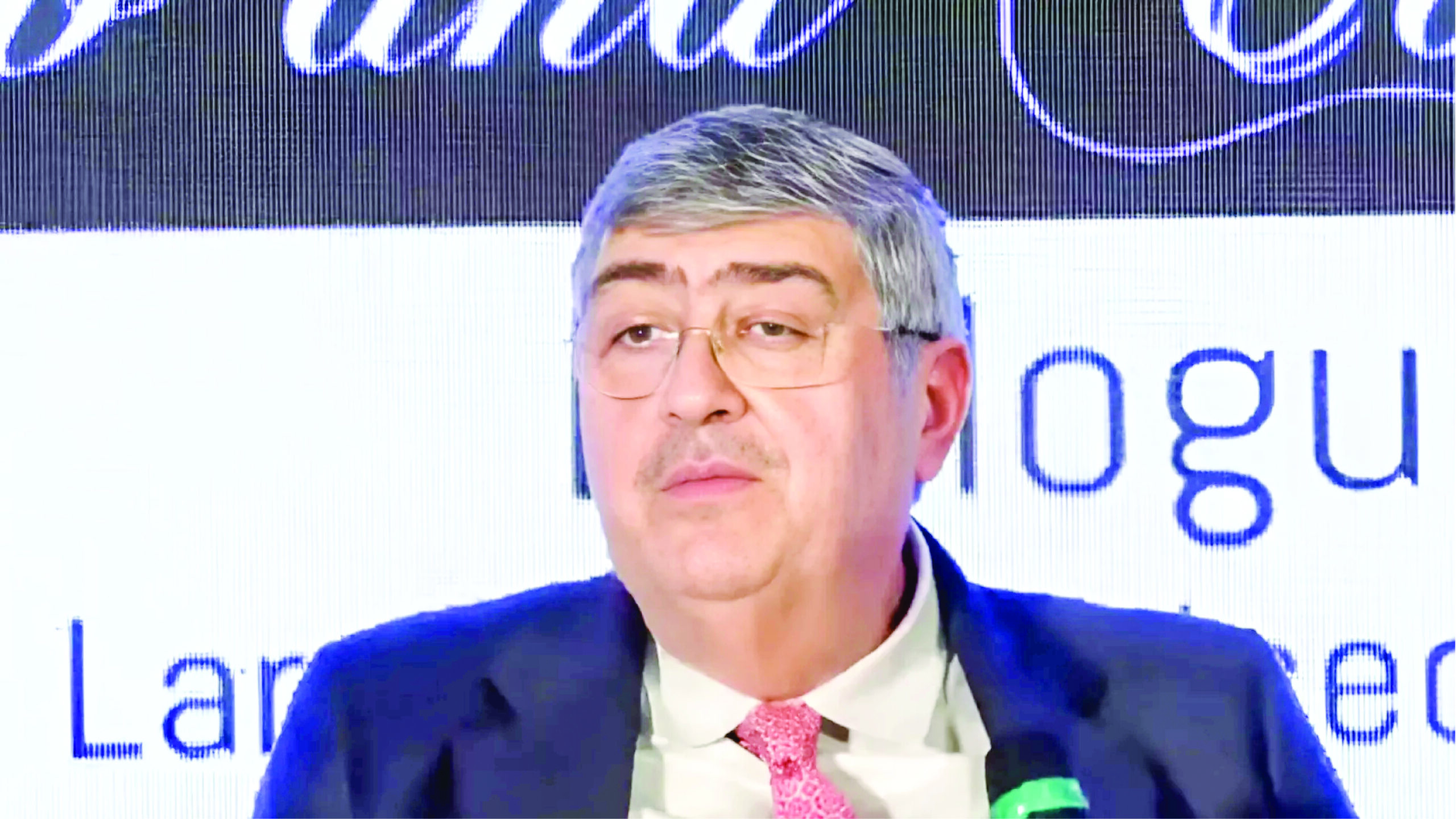The growing cost of litigation and arbitration and consumption of time due to overcrowded court lists led to a search for quicker dispute resolution processes all across the world. Mediation is one such process which is often attempted to amicably settle the disputes before litigation or arbitration.
In the third edition of the international conference on the ‘Arbitration in the Era of Globalization’, the Hon’ble Chief Justice of India, Mr S. A. Bobde observed that ‘time is ripe to devise comprehensive legislation which contains compulsory pre-litigation mediation’ to contain the increasing pendency of disputes before different courts in India.
At present, section 12-A of the Commercial Courts Act, 2015 (‘Act’) inserted vide the Commercial Courts, Commercial Division and Commercial Appellate Division of High Courts (Amendment) Act, 2018 (section 11) and augmented by the Commercial Courts (Pre-institution Mediation and Settlement) Rules, 2018 (‘PIMS Rules’) & (hereinafter collectively referred as ‘the existing law’) provide the principal statutory framework for mediation of ‘commercial disputes’ in India.
However, this existing law suffers from infirmities and is insufficient to act as a cure for the issue of pendency of ‘commercial disputes’ in the Indian courts. In the present article, the author examines the loopholes in the existing mediation law and suggests possible plugs thereto. These infirmities and redressal thereof may be noted as follows:
Mandated participation
At the outset, it is pertinent to note that for any mode to amicable resolve the disputes (ex. negotiation and mediation), participation of both the parties is quint-essential. However, as already pointed out by the Hon’ble Chief Justice of India above, the existing law does not mandate the participation of the opposite party in the pre-litigation mediation. Section 12A(1) of the Act only obliges the Plaintiff to invite the opposite party for the mediation. However, the opposite party is not obliged to even respond to the request of the Plaintiff [Rule 3(4) of the PIMS Rules]. Thus, unarguably, the existing law lacks the indispensable element of the participation of both parties and should be amended to mandate participation.
Mandated ‘reasonable’ or ‘best efforts’
Moving forward, it may be noted that merely obliging the parties to participate does not bring forth the best possibilities of an amicable settlement in a pre-litigation mediation. Thus, once the parties are tabled together by necessitating their participation, they must be obliged to employ ‘reasonable’ or ‘best efforts’ to mediate the dispute. However, the existing law, as above-noted does not call upon the parties to employ any effort in the process of mediation except for a notice of invitation by the plaintiff. Given the huge pendency, the existing law thus should be amended to oblige both the parties to exercise their ‘reasonable efforts’ at least. This will ensure active participation of the parties and enhance the possibilities of success of ‘compulsory pre-litigation mediation’.
However, it has often been observed that the parties often excuse themselves of the obligation to mediate before approaching the Court based on bare statements in the court of law, like, a resolution of the dispute through mediation is not possible or they have applied their ‘best efforts’ to mediate but they could not resolve the dispute through mediation. Consideration of these bald statements as gospel truth reduces the mandate to mediate and the mandate to employ the ‘reasonable’ or ‘best efforts’ to a mere formality. In such circumstances, it becomes essential for the legislature to enact a robust enforcement mechanism to compel the parties to actively participate in the pre-litigation mediation process.
Enforcement mechanism
In light of the afore-said, the author suggests the following points to enable due compliance with the pre-litigation process by the parties:
i. Evidence of ‘reasonable’ or ‘best efforts’: Foremost, the party averring due compliance in the mediation process must produce some prima facie evidence to show that they employed their mandated efforts to resolve the dispute. This will refrain the parties from winking at the process of mediation on afore-noted bare averments.
Admittedly, the evidence of ‘best efforts’ will vary depending on the facts and circumstances of a case. However, generally, it may include minimal documents like unilateral or bilateral communications, meetings happened between the parties, the minutes of such meetings, copy of the notice(s) exchanged along with their postal or e-delivery reports, and likewise.
ii. Penalty for non-employment of mandated efforts: The existing law, does not impose any penalty on the party who does not participate in the pre-litigation mediation [see Rule 3, PIMS Rules]. Thus, non-initiation or non-participation of a party in the orelitigation mediation process should entail some penalty. Else, all the above-amendments would lack any biting teeth. The penalty may be in terms of litigation costs, fines, higher court fee, etc. This may desist the parties from treating the legislative mandate as their handmaid.
iii. Incentives: Imposition of penalties on a party in default, is one way to make the parties comply with the mandate of the legislature. Additionally, the party(s) duly complying with the process can be incentivized in different ways. For example, the Court may reduce the payment of court fee by a certain percentage.
iv. Sensitization: Lastly, real participation only comes with sensitization of people to the process of mediation. Once people are sensitized, there would be a little need for the mandate of mediation and imposition of penalties. As of today, the use of the existing law and the inclination of the people to the process of mediation is majorly in a dormant state. Thus, the parties, the advocates, the judges, and lastly, the people of India as a whole, should be sensitized to the process of mediation and its advantages like cheap, speedy, and confidential.
Access to courts for urgent, interim reliefs
Further, presently, section 12-A(1) of the Act, provides that a plaintiff may directly approach the Court and file a suit which contemplates the need for an ‘urgent interim relief’. Given the fact that parties in ‘commercial disputes’ often plead for ‘urgent interim reliefs’, exemption from pre-litigation mediation on this ground, makes the process to be easily by-passed, particularly, when the existing law does not have any comprehensive definition of the phrase ‘urgent interim reliefs’.
Admittedly, a water-tight definition or deletion of the term are not viable options as both have inherent limitations. On the one hand, urgency varies as per the facts and circumstances of each case and thus cannot be defined or is not desirable to be defined and on the other hand, there are often circumstances wherein parties genuinely require ‘urgent interim reliefs’ which if not granted, would make the whole process of mediation and also litigation fruitless.
In such a situation, the author suggests that in cases where a plaintiff contemplates the need of an ‘urgent interim relief’ he must be allowed to apply to the Court only for an order of ‘interim relief’ sans filing of the suit. The provision should neither bar the parties from approaching the court nor should it excuse a party from mediating the dispute. If this approach is not adopted, on the one hand, the remedy of the party may get defeated and on the other hand, the mandate of the mediation may become hollow, considering that parties will often plead ‘urgent interim relief’ and recuse from the pre-requisite mediation.
v. Participation of the advocates
The legislature may also oblige the advocates of the respective parties to initiate and actively facilitate the mediation between the parties. This is because once a dispute has occurred, the advocates hold a pivotal position in the dispute resolution process and they can suggest the legal standing of the parties and merits of mediation. Additionally, at the pre-litigation stage, the intent to litigate is often in a dormant stage and the dispute may often be reconciled by the involvement of party counsels.
Concluding remarks
In closing, the author accedes that a ‘compulsory prelitigation mediation’ would be a potent tool for reduction of pendency of litigation in India. The amendments in the above-discussed terms in the existing law are a need of the hour. In wake of the pandemic, COVID-19, the proceedings in the courts of India are nearly at a halt, except for urgent matters. New filings and the issue of pendency of commercial disputes is likely to further proliferate once the normalcy resumes after the pandemic.
However, a law to regulate the process of mediations, sans the above suggestions, would in the opinion of the author be only a mirage of the solution to the issue of pendency of ‘commercial disputes’ in the Indian courts. Merely mandating the mediation process would not act as a cure to the issue of pendency of commercial disputes where the time and confidentiality is often of much essence vis-à-vis other disputes.
On the contrary, it will merely protract the access to justice before the courts and the success of the process would depend only on a hit and trial method, where some parties may employ their bona fide efforts out of their volition whereas others may not. In the opinion of the author, it is only an amendment or a comprehensive legislation aligning with these abovediscussed points which can help to resolve the ever-growing issue of the pendency of ‘commercial disputes’ in India.
Adv. Pareekshit Bishnoi is an advocate based in Delhi.












